2025 Symposium Theme
Reimagining Nigeria’s Economy for a Prosperous Future:
“Where we were , where we are and where we should be in the next decade”
Introduction
Nigeria stands at a crucial economic crossroads, requiring urgent and transformative reforms to ensure sustainable growth and prosperity. This year’s FLOC Symposium is set to explore innovative and actionable economic strategies that will position the country as a competitive and resilient economy over the next decade. By bringing together policymakers, business leaders, economists, and development experts, the symposium will provide a platform for forward-thinking discussions aimed at reimagining Nigeria’s economic policies and fostering sustainable development.
Over the years, Nigeria’s economy has experienced cycles of growth and decline, heavily dependent on oil revenue while neglecting critical sectors like manufacturing, agriculture, and technology. Structural inefficiencies, policy inconsistencies, and corruption have further weakened economic progress, leading to challenges such as high inflation, unemployment, and forex instability. While emerging sectors like fintech and agribusiness offer new opportunities, infrastructural deficits and poor governance continue to hinder broad-based economic transformation.
At a time when Nigerians are grappling with economic hardships caused by inflation, subsidy removal, and exchange rate volatility, holding this conference is more important than ever. The nation requires urgent policy adjustments, investment-friendly environments, and sustainable economic models to drive inclusive growth. This symposium will serve as a call to action for key stakeholders to rethink policies, propose bold reforms, and unlock opportunities that will reduce economic vulnerabilities while accelerating diversification.
Nigeria’s future prosperity depends on decisive leadership, strategic investments, and the collective efforts of both the government and private sector. By fostering collaboration and championing forward-looking reforms, the FLOC Symposium aims to inspire practical solutions that will shape a robust, innovative, and thriving Nigerian economy for generations to come.

Objectives
The conference seeks to:
- Assess Nigeria’s current economic realities, identifying key strengths, challenges, and emerging trends.
- Explore innovative policy solutions for sustainable economic diversification, fiscal stability, and job creation.
- Foster collaboration between government, private sector, and international stakeholders in shaping economic policies.
- Promote evidence-based decision-making through data-driven discussions.
- Develop a clear policy roadmap to guide Nigeria’s economic transformation over the next decade.
Reimagining Nigeria’s Economy for a Prosperous Future: "Where we were , where we are and where we should be in the next decade”
- July 5, 2025
- Kano, Nigeria
Expected Outcome
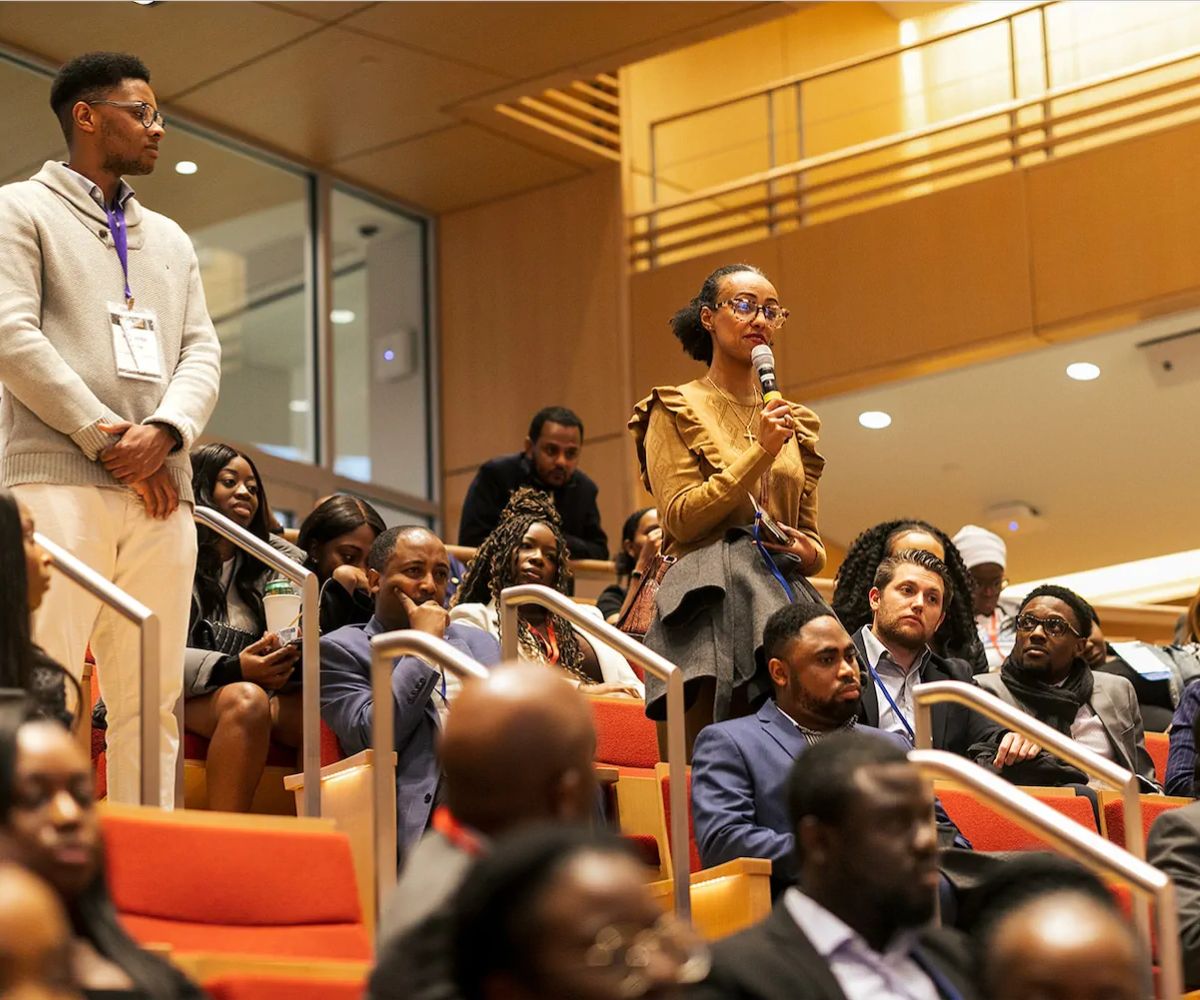
By the end of this discourse, participants will:
- Gain a clear understanding of the key policy priorities needed for Nigeria’s economic transformation.
- Develop actionable policy recommendations for the government, private sector, and stakeholders.
- Identify opportunities for collaboration between public and private sectors to drive sustainable growth.
- Establish a monitoring framework to track policy implementation and measure progress.
- Inspire innovative solutions that enhance economic resilience, job creation, and global competitiveness.
- Foster a network of changemakers committed to driving Nigeria’s long-term economic prosperity.
Key Discussions
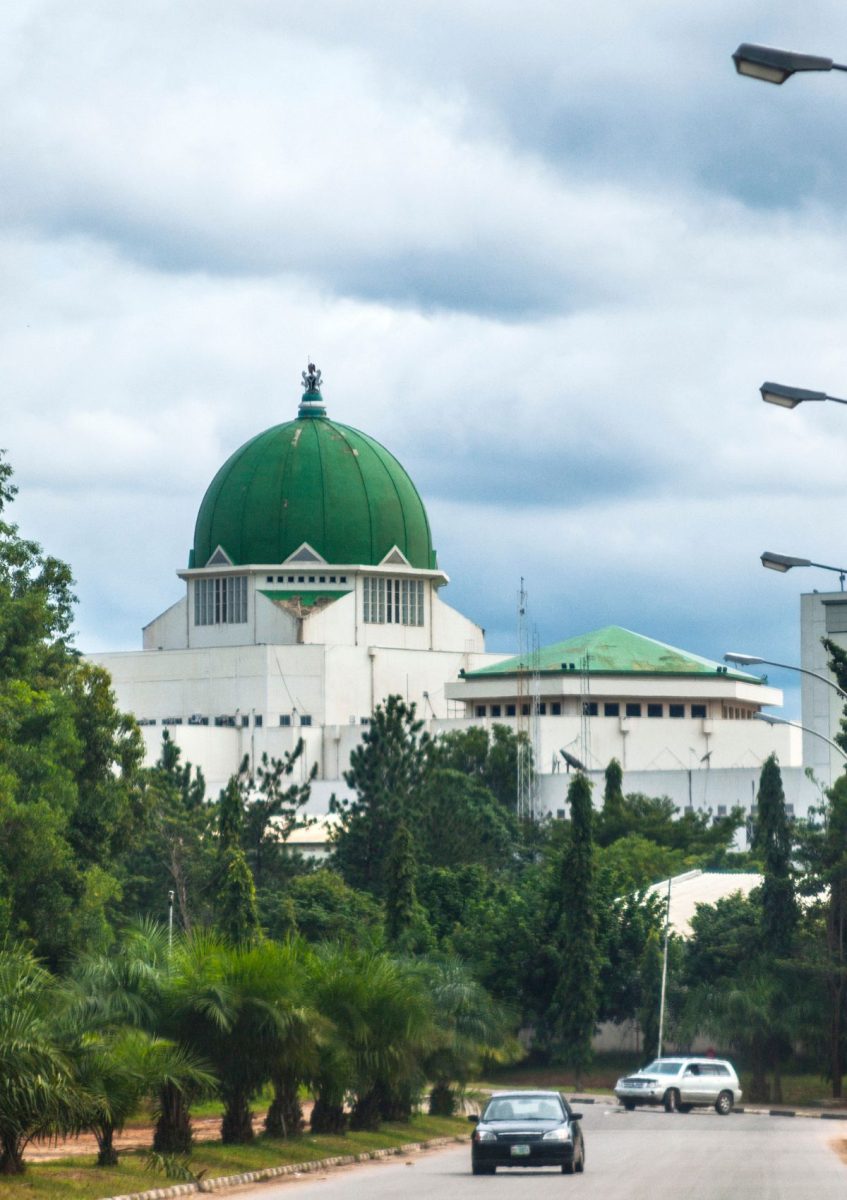
- Diversifying Nigeria’s Economy – Reducing reliance on oil by strengthening key sectors such as agriculture, manufacturing, technology, and financial services.
- Supporting SME Growth and Industrialization – Implementing policy frameworks that promote entrepreneurship, local production, and investment in non-oil sectors.
- Developing Critical Infrastructure – Advancing power sector reforms, improving transportation networks, and expanding the digital economy to drive economic growth.
- Enhancing Trade and Global Competitiveness – Leveraging international trade partnerships, improving the ease of doing business, and fostering export-driven industries.
- Driving Innovation and Technological Advancement – Investing in digital transformation, fintech, and emerging industries to boost productivity and job creation.
- Ensuring Sustainable Economic Policies – Strengthening fiscal and monetary policies to stabilize inflation, debt, and exchange rates while promoting long-term economic stability.
- Improving Infrastructure for Growth – Advancing power sector reforms, expanding transportation networks, and leveraging the digital economy to enhance trade and productivity.
- Ensuring Macroeconomic Stability – Implementing sound fiscal and monetary policies to tackle inflation, manage exchange rates, and ensure debt sustainability.
- Addressing Youth Unemployment – Investing in skills development, vocational training, and digital entrepreneurship to create job opportunities and drive inclusive growth.
- Boosting Trade and Investment – Enhancing Nigeria’s global competitiveness by leveraging international trade partnerships, improving ease of doing business, and fostering export-driven industries.
- Supporting SME Growth and Industrialization – Developing policy frameworks that encourage small and medium enterprises (SMEs), promote industrialization, and foster innovation for sustainable economic development.
Proposed Speakers
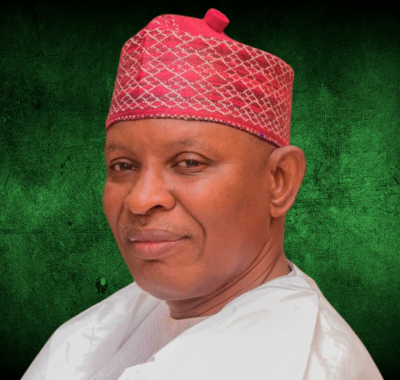
His Excellency
Abba Kabir Yusuf
Executive Governor, Kano

His Royal Highness
Sanusi Lamido
CON, Emir of Kano

Dr. Jumoke Oduwole
Minister of Industry,
Trade and Investment
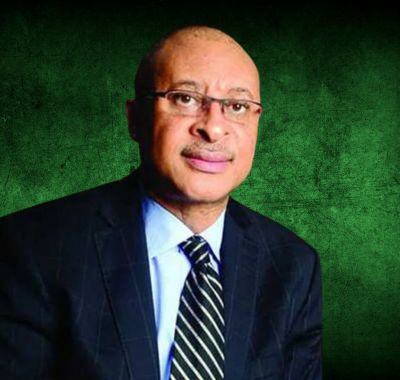
Prof. Pat Utomi
Founder, Centre for Values
in Leadership
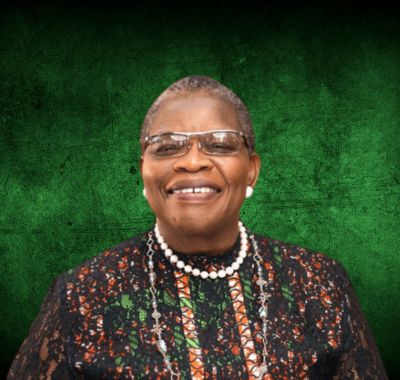
Obiageli Katryn Ezekwesili
Economic policy expert and
former Minister of Solid Minerals
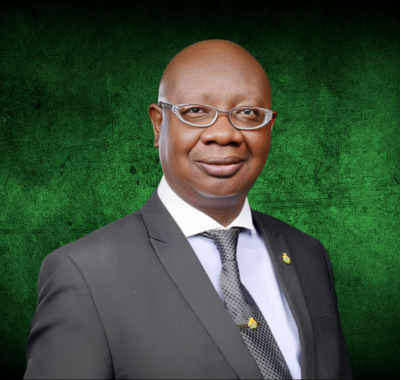
Sola Obadimu
Director General,Nigeria Assoc. of
Chambers of Commerce, Industry, Mines and Agriculture (NACCIMA)
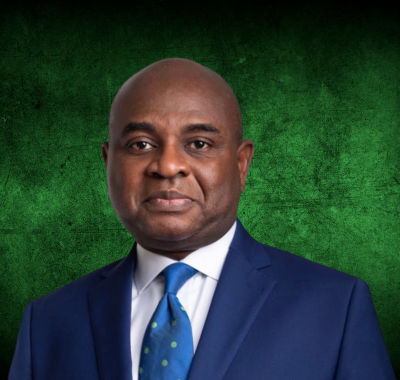
Kingsley Moghalu
Economist and former Deputy Governor of the Central Bank of Nigeria

Aishah N. Ahmad CFA,OFR
Deputy Governor,
Central Bank of Nigeria
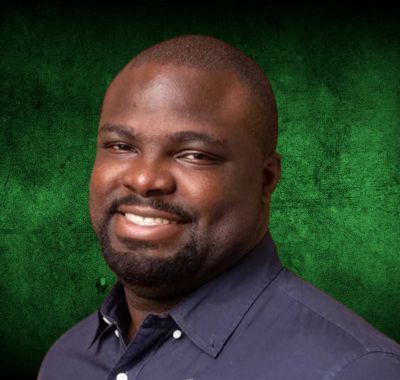
Iyinoluwa Aboyeji
CEO Future Africa
Target Audience
- Government Officials & Policymakers (Ministers, CBN, Economic Advisory Council, State Governors, Legislators)
- Business Leaders & Entrepreneurs (CEOs, SMEs, Investors, Industry Associations)
- International Development Partners (IMF, World Bank, AfDB, UNDP, USAID, EU Delegation)
- Academia & Think Tanks (Economists, Researchers, Universities, Policy Institutes)
- Media & Civil Society Organizations (Journalists, Advocacy Groups, NGOs)
- Trade & Professional Associations (Manufacturers, Exporters, Chamber of Commerce, Financial Analysts)
- Youth & Emerging Leaders (Students, Startups, Innovators, Tech Founders)
- Labour Unions & Workforce Representatives (NLC, TUC, Industry Unions)
- Banking & Financial Institutions (Commercial Banks, Investment Firms, Fintech Companies)
- Agriculture & Industrial Stakeholders (Farmers, Agro-entrepreneurs, Manufacturers)
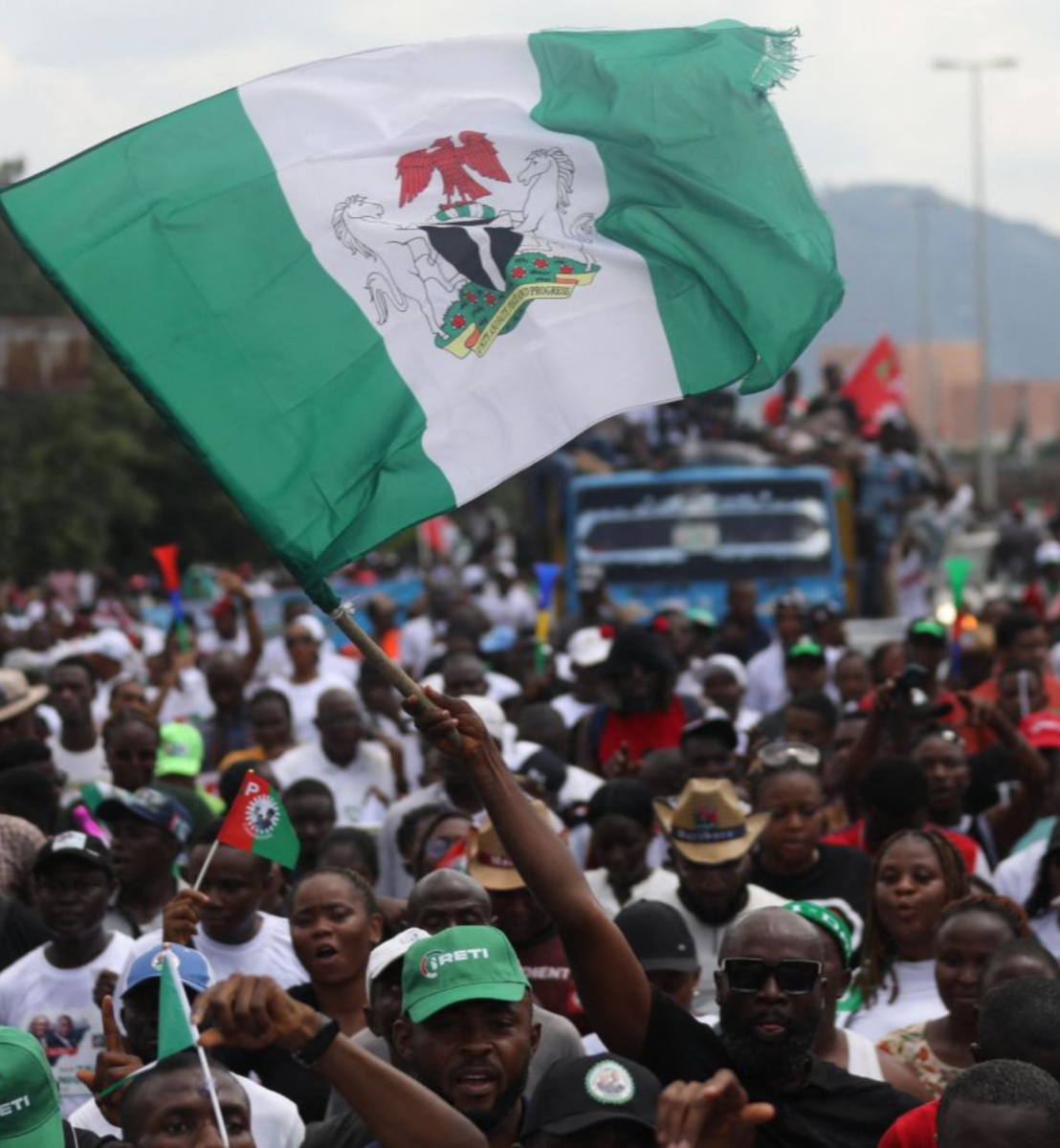
Conclusion
Nigeria’s economic trajectory hinges on its ability to implement bold reforms, foster innovation, and drive sustainable development. As the nation navigates economic uncertainties, this discourse presents a unique opportunity to shape policies that will propel Nigeria toward long-term prosperity. By addressing structural challenges, embracing economic diversification, and investing in human capital, Nigeria can unlock its vast potential and establish itself as a leading economy in Africa and beyond.
The urgency for action cannot be overstated. A failure to enact necessary reforms will only deepen existing economic vulnerabilities, while timely and strategic interventions can create a resilient and inclusive economy. Through multi-stakeholder collaboration, policy innovation, and forward-thinking leadership, Nigeria can build a competitive and thriving economic future.
This conversation is more than just a dialogue—it is a call to action. The future of Nigeria’s economy depends on the collective efforts of policymakers, business leaders, investors, and citizens. Now is the time to transition from discussions to implementation, from challenges to solutions, and from potential to impact. The choices made today will define Nigeria’s economic landscape for decades to come.
Will Nigeria Seize This Defining Moment?
The future won’t wait. It’s time to make bold choices that drive lasting economic growth. Be part of the change. Be part of the movement.
